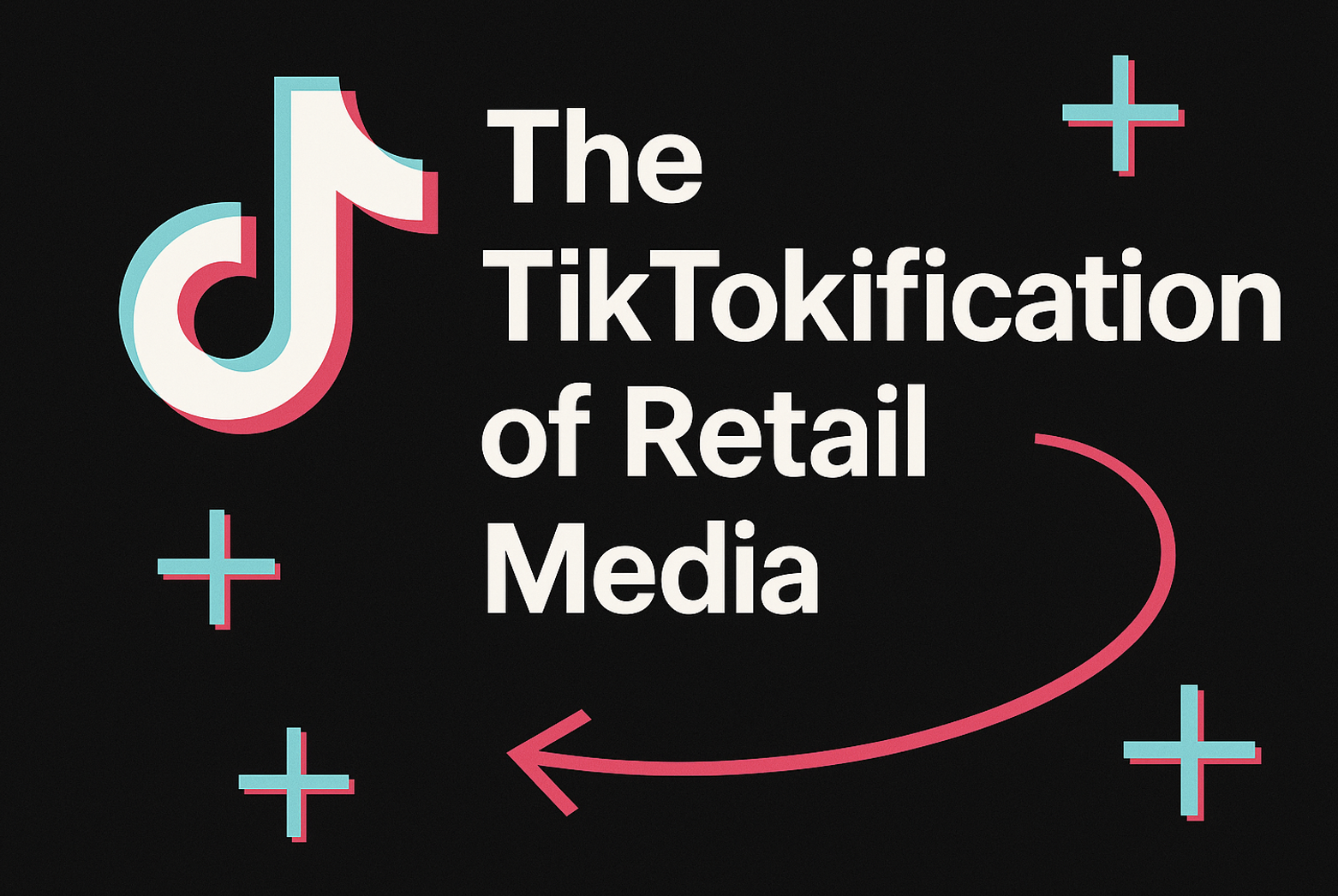New data from the Cross-Border Index from IMRG, the UK’s industry association for online retail and leading cross-border ecommerce solutions provider Global-e, reveals that there was an overall 57% year-on-year (YoY) increase in outbound ecommerce sales from the UK in 2020, with the peak holiday trading period in November experiencing a 42% YoY like-for-like surge in international cross-border online sales compared to the same time last year.
The data – from a sample of more than 270 UK retailers and brands trading internationally on the Global-e platform – shows a consistent increase in cross-border ecommerce trading from April 2020 onwards. It grew substantially in the run up to the festive trading period, with a significant spike in cross-border sales starting much earlier in September and remaining strong across the final quarter of the year.
EU demand exceeds non-EU demand during pre-holiday season
The data from Global-e also reveals the shopping behaviours of consumers in EU and non-EU destinations, with non-EU markets seeing higher cross-border sales volumes for most of the year. Whilst consistent with 2019 figures, last year experienced a notable shift from September through to December with EU volumes exceeding non-EU figures, reaching a far more significant peak in the pre-holiday trading period.
This not only suggests higher demand for UK products among EU citizens during the Black Friday and Cyber Monday sales events in 2020 with EU shoppers more reactive to the seasonal promotions this year, but could have also been accelerated by consumers’ concerns around shopping from their favourite UK brands post-Brexit whilst a deal was still to be agreed.
Consumers return to desktop to complete sales
Moreover, the Global-e data also shows that there was a new shift towards using desktop as a preferred platform of choice for online cross-border purchasing. This is an unusual change as online sales on mobile devices (including smartphone and tablet), including cross-border purchases, have until this point gradually increased since 2018.
This shift is likely the result of the COVID-19 pandemic, which forced consumers into lockdowns and to commit to remote working and a home-based lifestyle, therefore relying less on mobiles and spending more time on desktop devices.
Andy Mulcahy, Strategy and Insight Director at IMRG, explains: “As we saw with domestic demand in the UK, the pandemic pushed a lot of volume online and cross-border sales have followed a very similar trend of a spring surge, followed by a gradual easing off over summer, then a huge spike over Black Friday. Initially the cross-border demand was being driven by non-EU markets, but that shifted over the peak Christmas trading period.With the Brexit deal now agreed, UK retailers are facing new challenges that might influence how and where businesses trade over the next few years.”
Neil Kuschel, CEO Europe at Global-e, adds: “The continued increase that we see in cross-border ecommerce indicates an acceleration in the shift to online retail and emphasises the vital importance of international trading for UK retailers and brands. International ecommerce is critical to balance the retreat in brick and mortar retail and the growing online competition in the domestic market. The well-established and growing demand from non-EU shoppers highlights the huge potential for UK retailers and brands in ROW markets. Importantly, the increased demand from the EU, which even overtook non-EU demand for the first time in a while, highlights a strong and growing appetite for UK brands. Although Brexit has brought some complexity for UK ecommerce retailers selling into the EU, they should not cease trading to the EU as it is a vital channel for growth.
Kuschel concludes: “Encouragingly, many UK brands who are managing the Brexit complexities internally and ensuring their consumers have a seamless experience, are seeing no change in post Brexit EU sales. In order to reap the benefits of the growing cross-border opportunity UK brands and retailers selling online must now treat EU markets in the same way they would any other international market. It’s imperative to ensure they are localising their online experience to cater to the needs of consumers, whether in EU or non-EU markets, creating a seamless shopping experience that will increase brand favourability and retain customers in the long term. A strong international D2C ecommerce offering, that is tailored to individual markets, is therefore key to successfully capitalising on the growing global demand and drive both sales and customer satisfaction.”









